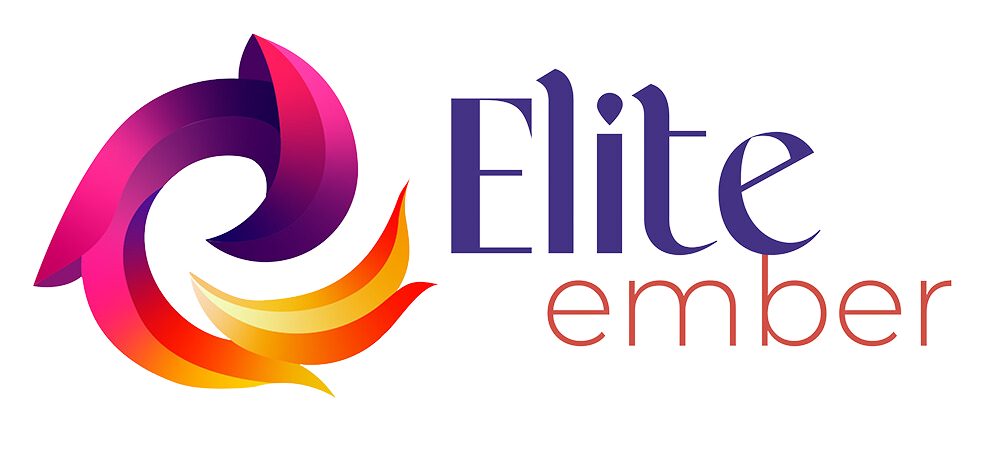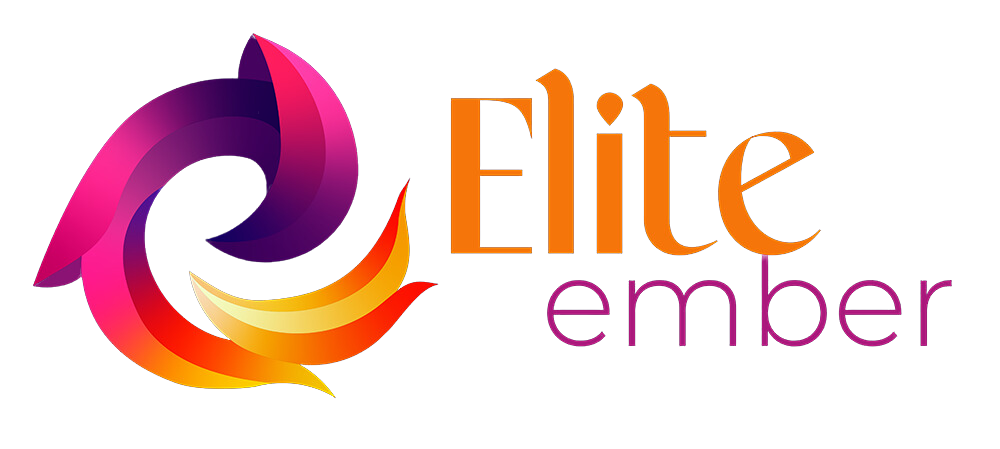AI vs. Human Programmers: Why Collaboration Trumps Replacement

The AI Coding Assistant Era
You’re debugging a complex script at 2 a.m., and GitHub Copilot suggests a fix you hadn’t considered. AI tools like this are revolutionizing programming—but they’re also sparking fears that robots might steal developers’ jobs. Let’s cut through the hype. While AI is reshaping coding, human programmers aren’t going extinct. Instead, a powerful partnership is emerging. Here’s how AI complements (but can’t replace) human ingenuity.
Where AI Shines: The Coding Sidekick
AI excels at automating grunt work, letting developers focus on creativity and strategy:
- Code Generation
- Tools like GitHub Copilot and ChatGPT generate boilerplate code, slashing time spent on repetitive tasks. For instance, Copilot can auto-complete entire code blocks based on context (Brainhub).
- But beware: AI-generated code often lacks context. As one developer joked, “It’s like a parrot reciting Shakespeare—impressive, but clueless about the plot” (Zencoder).
- Bug Detection
- AI scans code for patterns, spotting errors 10x faster than humans in some cases. Facebook’s Prophet tool autonomously flags performance bottlenecks (Binmile).
- Caveat: AI misses nuanced bugs requiring domain expertise. Human oversight remains critical (Relevant Software).
- Code Optimization
- Google’s AutoML suggests tweaks to reduce memory usage, making applications leaner.
- Limitation: AI optimizes for speed, not user experience. Only humans balance technical efficiency with real-world needs (Matthew Todd, Medium).
The Human Edge: Why Coders Still Rule
AI falters where human intuition thrives:
- Creative Problem-Solving
AI can’t invent novel solutions. When Airbnb needed a pandemic-era pivot, human devs crafted innovative virtual experiences—something no AI would’ve conceptualized. - Contextual Understanding
While AI generates code, it can’t grasp business goals. Imagine an AI writing a banking app without understanding fraud detection laws. Disaster waiting to happen. - Empathy & Collaboration
Building software requires teamwork. As one dev put it, “AI can’t mediate a sprint planning meeting—or buy pizza for the team” (Agustin Rossi, Medium). - Handling Edge Cases
AI trained on common datasets chokes on unique scenarios. Humans debug a self-driving car’s “rainbow road” glitch; AI just shrugs (UC San Diego).
The Future: AI + Humans = Superteam
The best outcomes emerge from collaboration:
- AI as a Co-Pilot
Tools like ChatGPT handle micro-tasks (e.g., syntax checks), freeing developers for high-level design. - New Career Paths
Demand for “AI whisperers”—developers who train and refine AI models—is skyrocketing (Deloitte). - Ethical Guardrails
Humans must audit AI outputs to prevent “hallucinations” (nonsensical code) and bias.
Case Study: Tommy Hilfiger partnered with IBM’s AI to analyze 15K runway images, cutting design time by 75%. But human designers finalized the collections, ensuring fashion stayed wearable.
AI vs. Human Programmers: Key Differences
| Aspect | AI | Human Programmers |
|---|---|---|
| Creativity | Recycles existing patterns | Invents groundbreaking solutions |
| Context | Misses business/user nuances | Aligns code with real-world goals |
| Learning | Limited to training data | Adapts to new languages/tools |
| Empathy | Zero emotional intelligence | Designs user-centric experiences |
Conclusion: Code Together, Not Against
AI won’t replace programmers—but programmers who use AI will replace those who don’t. The future belongs to developers who embrace AI as a tool, not a threat. As Deloitte notes, “The role of coders is evolving, not disappearing.”
Your Move: Upskill in AI collaboration, focus on creative problem-solving, and never stop learning. The robots are here to stay—but so are you.


